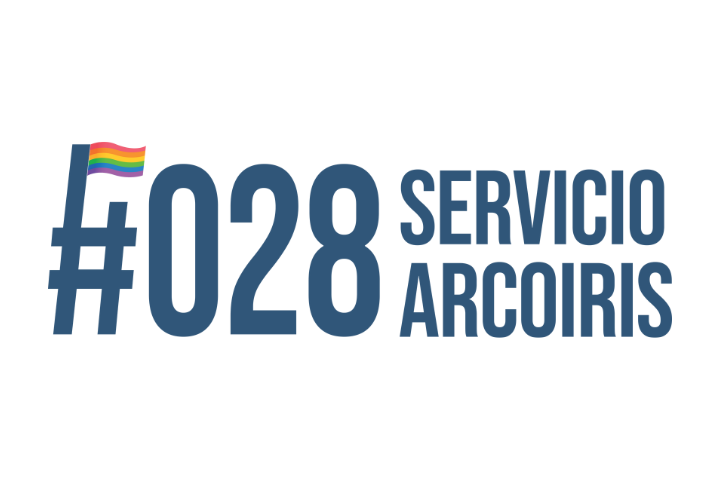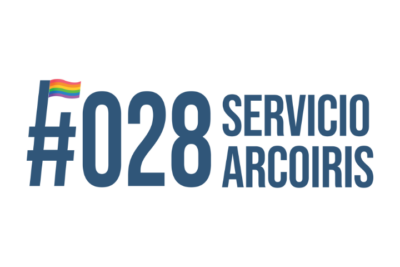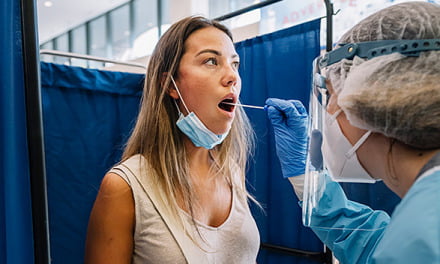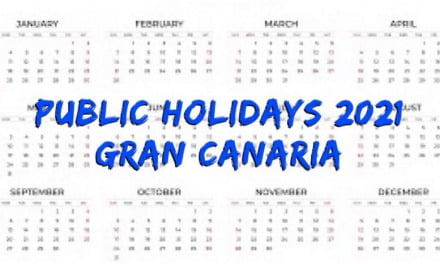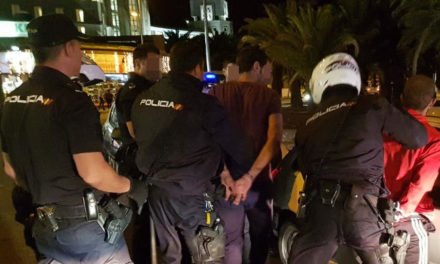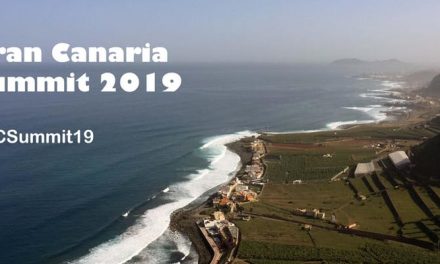The Founders of Maspalomas PRIDE Gran Canaria, GLAY+ Maspalomas, have long advocated for the creation of guidance services dealing specifically with public issues around LGBTQIA+ identity. Homophobia is the second most common cause of hate crime in Spain. This year GLAY+ is very proud to be able to support the Spanish Ministry of Equality who have for the first time launched a 24-hour Helpline Service, named “028 Arcoíris“, which provides multilingual information and comprehensive care regarding LGBTQIA+ rights in Spain. This is the first time that a service of this kind has existed in the country, providing a round-the-clock service that covers the entire territory. Anyone can call 028 from any phone in Spain, or use the anonymous chat service (below) to make contact with an operator speaking Spanish, English, Catalan, Galician, Basque or French. Just call 028, but remember the main emergency number is 112.
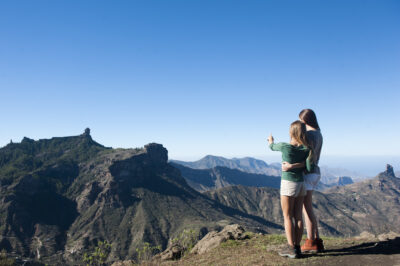 Ever since the very first pride events on the south of Gran Canaria, more than 20 years ago, GLAY have sought to provide good information, guidance and security for visitors and residents who may experience discrimination, criminality or abuse in an environment that prides itself on inclusiveness and diversity, making it one of the favourite holiday destinations in the world for this sector. The Canary Island, and in particular Maspalomas on Gran Canaria, are well renowned for open mindedness and the celebration of sexual orientation, in all its forms, however it was not always like this, and though this may be the view projected externally for many tourists, Canarian culture can still be a little more conservative, and so many islanders struggle with ideas of identity and sexuality.
Ever since the very first pride events on the south of Gran Canaria, more than 20 years ago, GLAY have sought to provide good information, guidance and security for visitors and residents who may experience discrimination, criminality or abuse in an environment that prides itself on inclusiveness and diversity, making it one of the favourite holiday destinations in the world for this sector. The Canary Island, and in particular Maspalomas on Gran Canaria, are well renowned for open mindedness and the celebration of sexual orientation, in all its forms, however it was not always like this, and though this may be the view projected externally for many tourists, Canarian culture can still be a little more conservative, and so many islanders struggle with ideas of identity and sexuality.
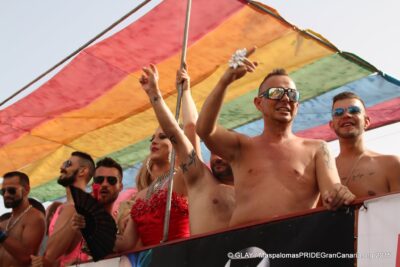
Many people in Spain, who identify as LGBTQIA+, can find themselves feeling rejected or attacked, they can be the victims of public abuse and even violence where slurs such as “Maricon” can be heard openly used as an insult, particularly in more rural or provincial areas of mainland Spain. Whether in their work, social or home environments, those affected by such discrimination may not know where to turn. To this end, he general director of Diversity of the Government of the Canary Islands, Celso David Mendoza, announced recently that the Canary Islands has adopted the nationwide helpline 028 Arcoíris (“Rainbow 028”), a targeted information and attention telephone service where anyone who needs specific help or advice, or is the victim of a suspected hate crime, can find refuge and a friendly voice.
The telephone service was first launched back in the month of July throughout Spain, and has expanded its service to the Canary Islands with the publication in the Official Gazette of the Canary Islands (BOC), last month, of a collaboration agreement between the Secretary of State for Equality and against Gender Violence of the Ministry of Equality and the Ministry of Social Welfare, Equality, Youth, Children and Families, for the provision of the 028 Arcoíris Service providing comprehensive care and guidance in matters of LGBTIAphobia, allowing for real time statistical data to be collected for the Canary Islands to track the usefulness of the service in the archipelago.
GLAY said, in a statement to this publication, “Not only is this a long overdue service for residents of Spain and The Canary Islands, but it will add to the safety and feelings security for all our LGBT visitors who, more and more, venture away from the beaches and night life of destinations like Maspalomas, to head out and discover the authentic culture and warmth of the Gran Canarian people. We applaud and support this initiative and hope to provide ever greater visibility for our community, and for the open-minded nature of 21st century Spanish society.”
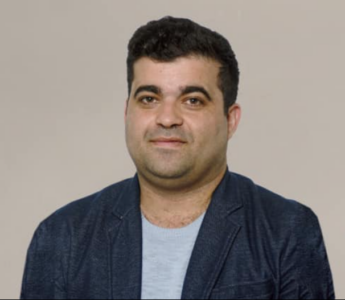 “Sexual orientation and gender identity are the second most common cause of hate crime complaints in Spain and, even so, many such attacks go unpunished. Let us keep in mind that hate crimes have increased by 20% in just two years in Spain,” emphasised Celso Mendoza, who again highlighted the free, 24-hour-a-day, 365-day-a-year service now offered.
“Sexual orientation and gender identity are the second most common cause of hate crime complaints in Spain and, even so, many such attacks go unpunished. Let us keep in mind that hate crimes have increased by 20% in just two years in Spain,” emphasised Celso Mendoza, who again highlighted the free, 24-hour-a-day, 365-day-a-year service now offered.
The General Director explained that in Spain “Loneliness, the absence of a support network or simply shame” can sometimes stop people feeling free to express themselves, which can lead to mental anguish, particularly “when they are feeling threatened or insulted” simply because of their sexuality or orientation. Through this service “a voice on the other end of the phone will offer peace of mind, listen and support as well as advise on legal and psychological assistance for people who need it.”
After the call, the 028 user can be referred to other relevant services or organisations to be assisted in the most appropriate way. If you require urgent and emergency care, you will be immediately referred to the emergency telephone number in the Canary Islands, 112.
In addition to calls regarding suspected hate crimes, the 028 Arcoíris Service will answer calls from minors and adolescents at risk of rejection due to their sexual orientation as well as people who witness any situation of harassment, discrimination or LGTBIphobic violence.
The service includes an internet chat and an email address for the 028 online service : 028-online@igualdad.gob.es, available for people who need it.
This telephone service came into force on July 5 throughout the country and the chosen number -028- refers to International LGBTQIA+ PRIDE Day, otherwise known as Christopher Street Day, observed every year on June 28th, marking the anniversary of the Stonewall Inn Riots in New York.
028 Arcoíris is an initiative from Spain’s Ministry of Equality. Its objective is to provide timely assistance to victims of LGTBIphobia and hate crimes. To this end, basic care and guidance, legal and psychological assistance is provided to callers to the service.
Its use is free and confidential. In addition, it has been announced there are measures to guarantee accessibility. The helpline has the necessary infrastructure to serve people with hearing and/or speech disabilities. And care can be provided in Spanish, Catalan, Galician, Basque, English and French.

